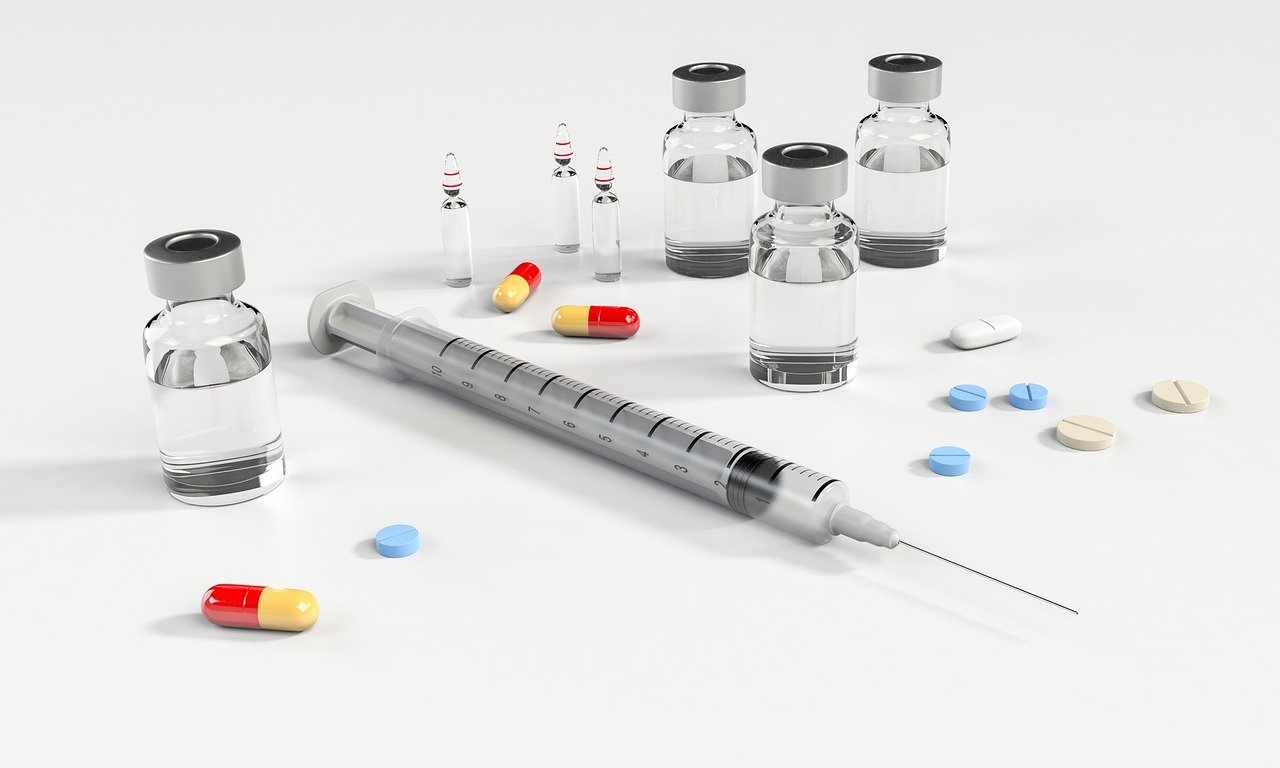The World Health Organization has issued a formal recommendation advising against the use of remdesivir for treatment of COVID-19 patients, particularly those who are seriously ill. The press release was published through the British Medical Journal last November 20, 2020. The recommendation was issued by the WHO Guideline Development Group (WHO GDG), which consists of experts around the world and four patients who have had COVID.
This change in recommendation is based on the results of the Solidarity Trial released last October [see WHO study shows remdesivir offers no benefit to COVID-19 patients]. While the WHO GDG acknowledges that the results of the Solidarity Trial does not mean that remdesivir has no benefit at all, they reiterate that the data shows that it offers no benefit in improving important clinical outcomes for COVID-19 patients. The statement adds: “…given the remaining possibility of important harm, as well as the relatively high cost and resource implications associated with remdesivir (it must be given intravenously), they judged this to be an appropriate recommendation”.
Editor’s Note: Remember that at least the beginning of the pandemic, remdesivir and hydroxychloroquine (HCQ) has many similarities. Both were not developed specifically for COVID-19, but they were both antivirals used for other illnesses. Both had researches showing its possible benefit for COVID-19 patients. And both had known side effects.
Unlike remdesivir, however, HCQ has been the subject of a concerted smear campaign, despite experiences among frontliner doctors supporting its efficacy [see Hydroxychloroquine can dramatically ease the COVID-19 crisis for a more thorough discussion of this]. A fraudulent study on the dangers of HCQ was published by the same journal which published the study saying that remdesivir had no important clinical impact except that it leads to shorter hospital stay1https://www.thelancet.com/journals/lancet/article/PIIS0140-6736(20)31022-9/fulltext. This remdesivir study was used as basis for the widespread use of the drug for COVID-19 treatment around the world. Meanwhile, the fraudulent study has led to the removal of HCQ from the Solidarity Trials.
The Lancet study attached above was published in April 2020. It states: “In this study of adult patients admitted to hospital for severe COVID-19, remdesivir was not associated with statistically significant clinical benefits. However, the numerical reduction in time to clinical improvement in those treated earlier requires confirmation in larger studies”.
Despite knowing that remdesivir had no meaningful clinical impact, Dr. Anthony Fauci in the US, and Dr. Edsel Salvana of the Philippines, continued to promote this drug. They have railed against other experts who actually used HCQ to treat COVID-19 patients. Let us not forget that because it is important. Did these two knowingly mislead the media about the benefits of remdesivir?
Now both are drumming up support for expensive vaccines2Dr. Salvana has recently published an opinion article in the Manila Bulletin entitled We have a vaccine!. Read it here https://mb.com.ph/2020/11/19/we-have-a-vaccine/. Before we blindly accept the recommendation of experts, particularly of Fauci and Salvana, it would be prudent to remember that these two make mistakes too. They are not the all-knowing SARS-CoV-2 experts the media hails them to be.
Now that remdesivir is proven to be ineffective for COVID-19, will authorities give HCQ a second chance3It is important to remember that doctors who use HCQ have reiterated time and again that it cannot be used for seriously ill patients. Instead, it is best to prevent infection, and complications from COVID-19. It is also used short term, and not as maintenance medication for this specific disease. It follows the rule, “prevention is better than cure”. While vaccines also works on the same principle, at best, it can only ease mild to moderate symptoms. All vaccines today cannot prevent infection.? Or will they find another expensive drug to replace remdesivir?
Read Online
Click the button below if you wish to read the article on the website where it was originally published.
Read Offline
Click the button below if you wish to read the article offline.
Resources
- 1
- 2Dr. Salvana has recently published an opinion article in the Manila Bulletin entitled We have a vaccine!. Read it here https://mb.com.ph/2020/11/19/we-have-a-vaccine/
- 3It is important to remember that doctors who use HCQ have reiterated time and again that it cannot be used for seriously ill patients. Instead, it is best to prevent infection, and complications from COVID-19. It is also used short term, and not as maintenance medication for this specific disease. It follows the rule, “prevention is better than cure”. While vaccines also works on the same principle, at best, it can only ease mild to moderate symptoms. All vaccines today cannot prevent infection.
